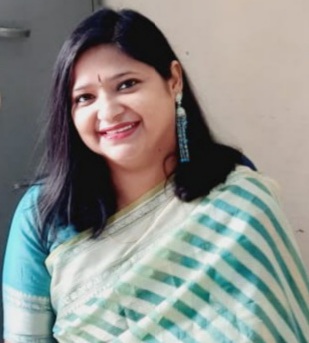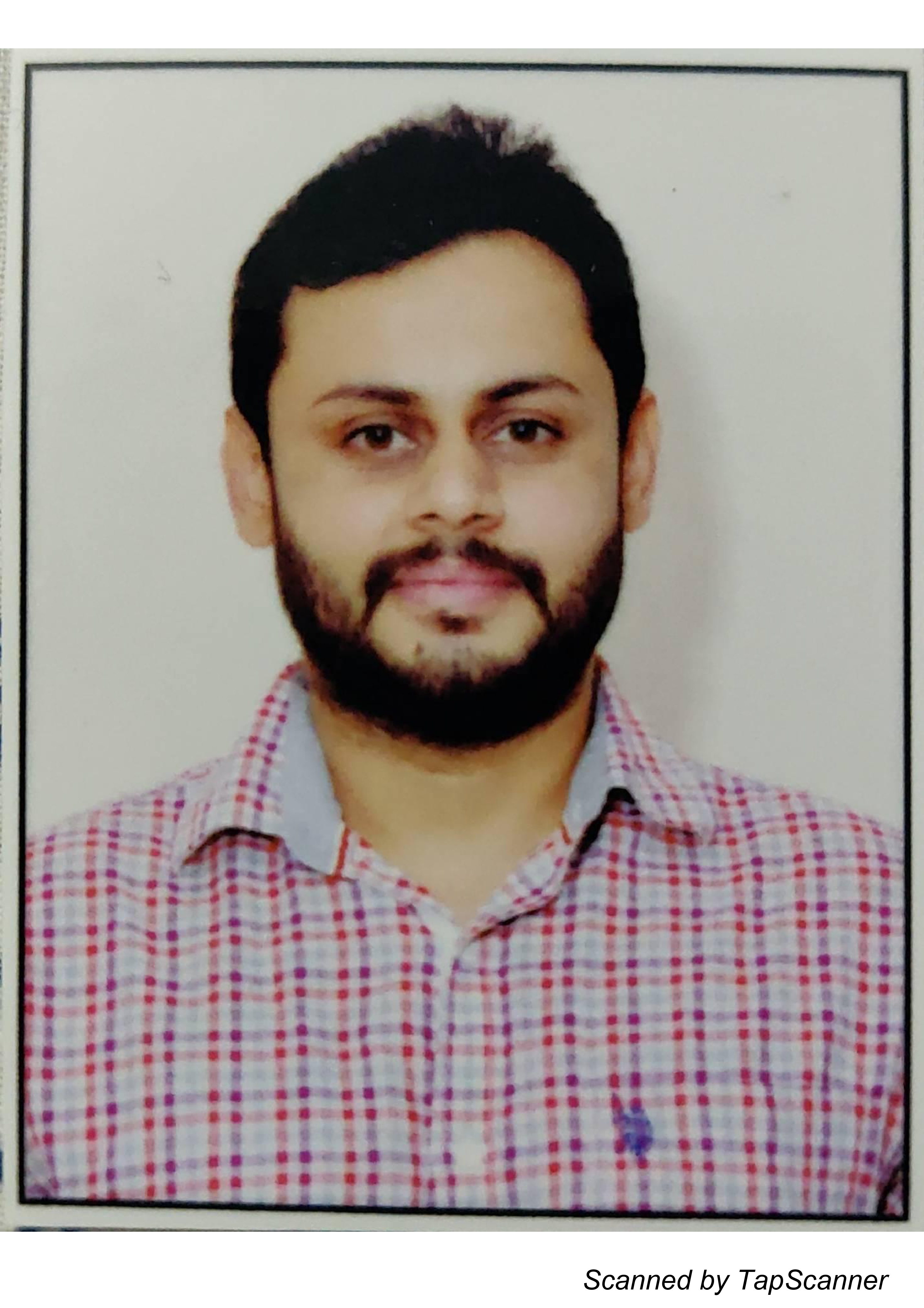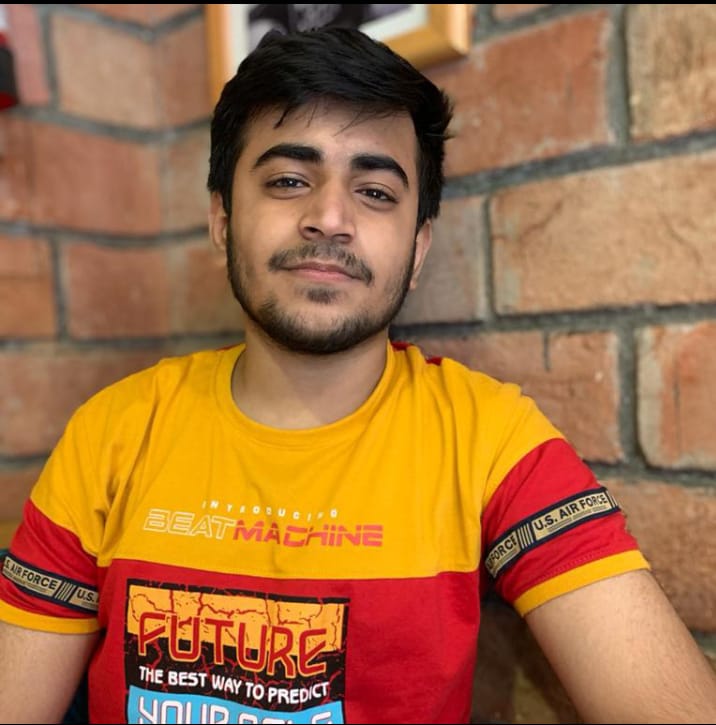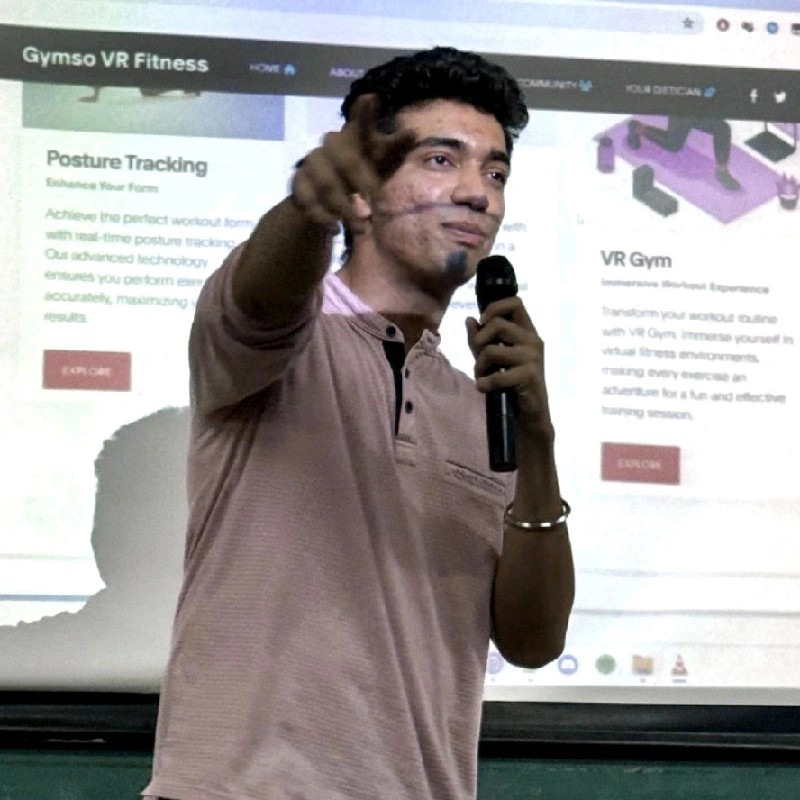Links
About
- • About MSIT
- • Vision & Mission
- • History
- • Facilities
- • Administration
- • Governing Body
- • From The Desk
Departments
- • CSE
- • IT
- • ECE
- • EEE
- • Applied Sciences
Student Section
- • Time Table
- • Attendance
- • Syllabus
- • NPTEL Videos
- • Student Societies
- • Grievances
- • Higher Studies
Committees
Electrical and Electronics Engineering (NBA Accredited)
The Department of Electrical & Electronics Engineering has a fine blend of experienced as well as young and dynamic personalities as faculty, is involved in providing quality education at Undergraduate (UG) level. They have an unceasing commitment towards students, helping them learn, grow, and develop and achieve their goals, whether it is becoming a professor, an entrepreneur, or joining industry. The research interests of the faculty members encompass a wide gamut of sub-disciplines of Electrical Engineering. Collaboration with faculty members from other disciplines, both within and outside the institute, is encouraged. The lab facilities and the infrastructure are regularly upgraded and are well supported by the institute and the industry.
The department is actively engaged in teaching activities in the field of Power Systems, High Voltage Engineering, Advance Control Systems, Power Electronics and Drives, Signal Processing and Energy Studies. It has a broad based UG curriculum. The syllabi of the courses are continuously updated and the laboratories modernized to reflect the rapid changes in technology. Our undergraduate students are drawn from across the India.
VISION
To achieve global standards in the field of Electrical and Electronics Engineering to minimize skill gap between academia and industry.
MISSION
The department aims to realize the vision through the following mission:
M1: Imparting quality technical education to the students of Electrical and Electronics Engineering with the supportive environment, preparing them for competitive exams for higher education, employment, and entrepreneur practices.
M2: To confer the students with professional attitude, research aptitude, technical and communication skills with sensitivity towards the environment and society.
PROGRAM EDUCATIONAL OBJECTIVES (PEO’s)
PEO 1. To equip the students of Electrical and Electronics Engineering with fundamental knowledge of science and technology to excel in their career or pursue higher studies.
PEO 2. To inculcate creative, analytical and critical reasoning skills for real world challenges.
PEO 3. To contribute to society with professional and social ethics.
PEO 4. To instill the students with soft skills, team work skills, leadership qualities and lifelong learning for successful career.
Program Specific Outcomes (PSOs) of EEE
PSO1: Apply the principles of basic sciences and Electrical and Electronics Engineering to design, analyze and solve problems in the core/multi-disciplinary areas.
PSO2: Apply the acquired technical knowledge for pursuing higher studies and successful professional career in the field of Electrical and Electronics Engineering.
PROGRAMME OUTCOMES (POs)
Engineering Graduates will be able to:
- Engineering knowledge: Apply the knowledge of mathematics, science, engineering fundamentals, and an engineering specialization to the solution of complex engineering problems.
- Problem analysis: Identify, formulate, review research literature, and analyze complex engineering problems reaching substantiated conclusions using first principles of mathematics, natural sciences, and engineering sciences.
- Design/development of solutions: Design solutions for complex engineering problems and design system components or processes that meet the specified needs with appropriate consideration for the public health and safety, and the cultural, societal, and environmental considerations.
- Conduct investigations of complex problems: Use research-based knowledge and research methods including design of experiments, analysis and interpretation of data, and synthesis of the information to provide valid conclusions.
- Modern tool usage: Create, select, and apply appropriate techniques, resources, and modern engineering and IT tools including prediction and modeling to complex engineering activities with an understanding of the limitations.
- The engineer and society: Apply reasoning informed by the contextual knowledge to assess societal, health, safety, legal and cultural issues and the consequent responsibilities relevant to the professional engineering practice.
- Environment and sustainability: Understand the impact of the professional engineering solutions in societal and environmental contexts, and demonstrate the knowledge of, and need for sustainable development.
- Ethics: Apply ethical principles and commit to professional ethics and responsibilities and norms of the engineering practice.
- Individual and team work: Function effectively as an individual, and as a member or leader indiverse teams, and in multidisciplinary settings.
- Communication: Communicate effectively on complex engineering activities with the engineering community and with society at large, such as, being able to comprehend and write effective reports and design documentation, make effective presentations, and give and receive clear instructions.
- Project management and finance: Demonstrate knowledge and understanding of the engineering and management principles and apply these to one’s own work, as a member and leader in a team, to manage projects and in multidisciplinary environments.
- Life-long learning: Recognize the need for, and have the preparation and ability to engage in independent and life-long learning in the broadest context of technological change.
MAHARAJA SURAJMAL INSTITUTE OF TECHNOLOGY C-4, Janak Puri, New Delhi
ELECTRICAL & ELECTRONICS ENGINEERING DEPARTMENT
I. Lab #506A: Utilization of Electrical Energy lab / Electrical Machines-I
1. Subjects Taught:
• Utilization of Electrical Energy Lab. , Subject code – EEE-320P,
Class/Branch : EEE/6th semester
• Electrical Machines-I Lab. , Subject code – EEC 257,
Class/Branch: III Sem. /EEE branch
2. About the Lab: -
In this UEE Lab the students work on experimental kits for comparison and measurement of various photometric indices of Illumination. Experiments are based on concepts of energy utilization and calculation.
In the Electrical Machines-I Lab the student’s studied the cut section for different parts of DC machine, Motors and Transformers. Students perform the experiments on Experimental set up to perform internal and external characteristics of DC Generator, Load test, Speed control and efficiency calculation on DC Motors and Efficiency and voltage regulations of Transformer.
II. Lab #506B: Electrical Machines-II
1. Subjects Taught:
∙ Electrical Machines-II Lab. , Subject code – EEC 256,
Class/Branch: IV Sem. /EEE branch
2. About the Lab: -
In the Electrical Machines-II Lab Students use Alternators, AC motors and to perform experiments based on Alternators and A.C. Motors. Students perform the experiments on Experimental set up to perform no load and block rotor test on 3 phase induction motor and Single phase IM. Load test on three phase Squirrel cage Induction Motor (IM) and Slip ring IM. V curves using Synchronous motor and synchronization of Alternators etc. Cut section to study different parts of AC. Machines.
III. Lab #502: Power Systems I lab / Power Systems II lab/ Networks analysis and synthesis lab
1. Subjects Taught:
• Power System –I Lab. , Subject code – EEC - 260,
Class/Branch : IVth semester/ EEE
• Power System –II Lab. , Subject code – EEC-351,
Class/Branch : Vth semester/ EEE
• Network Analysis and Synthesis, Subject code – EEC-206,
Class/Branch : IVth semester/ EEE
2. About the Lab: -
This Power System –I Lab and Power System –II Lab aims at introducing the EEE students to the hands on experience on analyzing the behaviour of basic power systems components such as transmission lines/CT-PT/Cables/Earthing in modern Power Systems. Protective Relays (IDMT/Buchholz/Thermal/Differential) and their working during faults facilitate students to study the behavior of a power system under different fault conditions.
This Network Analysis and Synthesis Lab aims at introducing the EEE students to the hands on experience on calculating and analyzing the parameters of two port networks such as Z,Y, ABCD and others. The equipments are electronic circuit trainer kits and RLC circuits kit to facilitate students to study the phenomenon of resonance and transients in ac system.
IV. Lab #227: Electrical Science Lab
1. Subjects Taught:
• Electrical Science Lab. , Subject code – ES-159,
Class/Branch : I and II semester/ EEE, ECE, CSE, IT
2. About the Lab: -
In the ES Lab each experimental bench is equipped with variable AC and DC power supplies with adequate protections, which enable students to carry out the experiments in an electrically safe environment. The Lab is equipped with energy meter, power meter, voltmeters, ammeters, wattmeter, various size of transformers, motors.
V. Lab #306B: Statistical Modelling & Data Analytics Lab/ Probability, Statistics and Linear Programming Lab/ Computational Methods Lab / Machine Learning Lab / PPI Lab
Total Number of Systems: 14
System Configuration:
• Processor: – P-V Core i5
• RAM – 4 GB
• Operating system: – Window 10 (License)
• HP Core 2 duo
Subjects Taught:
• Computational Methods (CM) ES-251 (III Sem)
• Probability, Statistics and Linear Programming (PSLP) BS-252 (IV semester) • Statistical Modelling & Data Analytics (SMDA) DA-304P (VI semester) • Machine Learning (ML) ML-342P (VI semester)
• Power Plant Instrumentation (PPI) (VIII semester , EEE)
Software Installed:
• Matlab, R Programming
• Anaconda
• Turbo C
This lab emphasizes hands-on experience with the principles of CM and PSLP. It provides students with a platform to develop programs for computational mathematics applications. Additionally, the lab serves as a valuable resource for students to explore PSLP lab exercises, which include visualizing probability distributions using MATLAB (Matrix Laboratory), Software.
In SSMDA Lab, the students use MATLAB (Matrix Laboratory), R programming software to perform experiments based on data analysis. In Machine learning Lab, the students use Anaconda software for data mining and data processing.
This Lab is also prepared to allow students to practice and perform practical related to ML. Students learn Python programming concepts. Students are encouraged to start from basic to advanced programming. The Lab is well equipped with all advanced software for practical applications.
VI. Lab #306 A: Electric Drives / Power Electronics Lab
1. Subjects Taught:
• Electric Drives Lab. , Subject code – EEE-340P,
Class/Branch : VI semester/ EEE
• Power Electronics Lab. , Subject code – EEC 357,
Class/Branch: V Sem. /EEE branch
2. About the Lab: -
In Electric Drives Lab Students perform and analyze different speed control methods for AC/DC motors using AC drives and DC drives. Closed control speed control is also performed practically and using software. The different parameter variations are observed using DSO.
In power Electronics Lab Students perform and analyze characteristics of various power semi conductor devices. Different waveforms are developed and studied for various converters at different loads by using DSO. Power electronics circuit in real time applications are constructed in lab.
3. System Configuration:
Different experimental setups for performing speed control of motors. Systems for performing speed control using MATLAB.
VII. Lab #: EEMI LAB / Workshop
1. Subjects Taught:
• EEMI Lab. , Subject code – EEC-353,
Class/Branch : V semester/ EEE
• Workshop Lab, Subject code – EEC-259
Class/Branch : III semester/ EEE
2. About the Lab: -
EEMI lab aims to introduce the EEE students to hands-on experience in analyzing the behavior of basic instruments for power and energy measurement, calibrating instruments, to develop the knowledge of the working application of potentiometers and bridges. Describe working principle selection criteria and application of various transducers in the measurement system.
In Workshop lab, students are able to design house wiring. They will study and design wiring of tube light, fan etc. Demonstration of different types of illumination devices like lamp, CFL, relays etc. has been done.
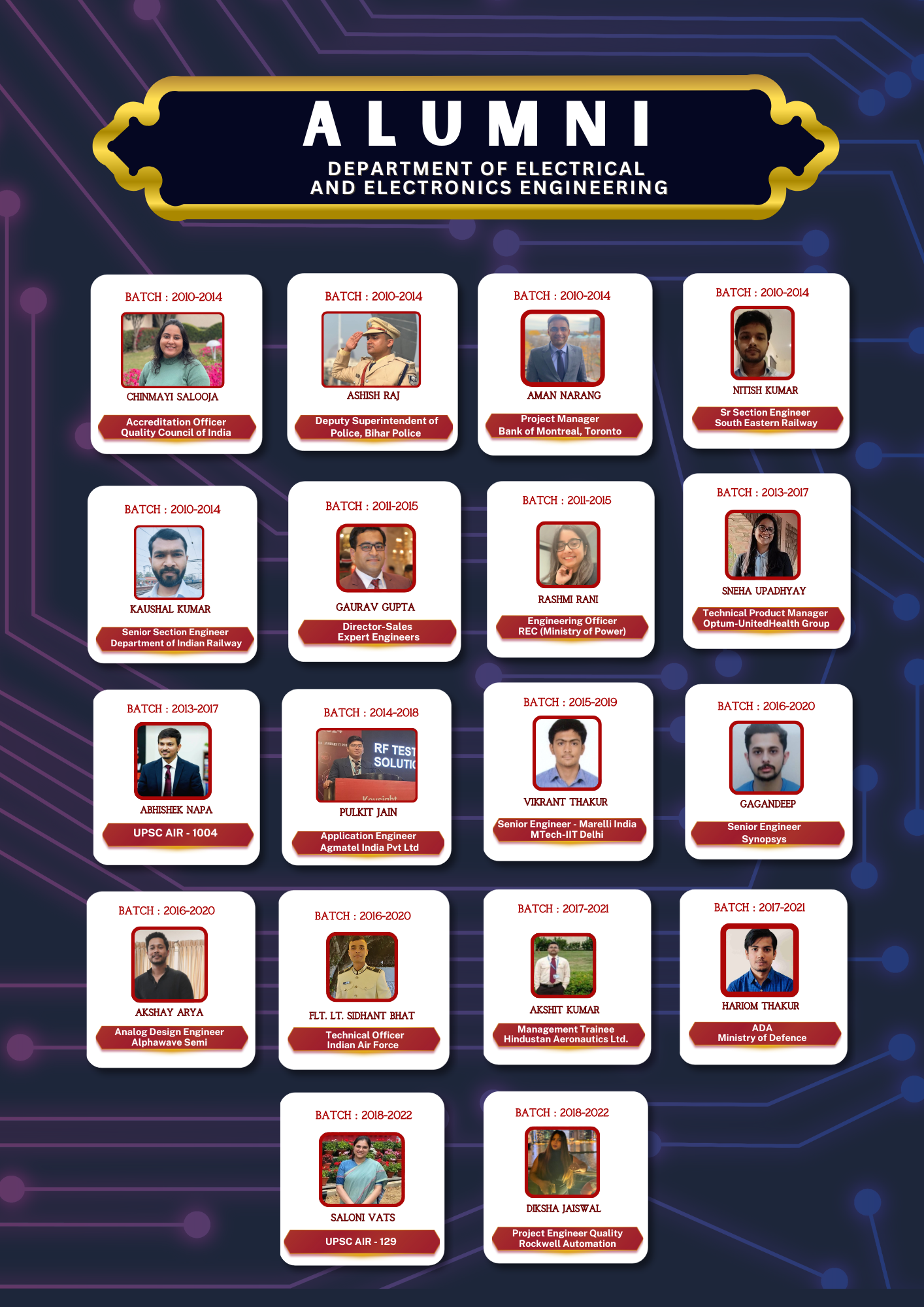
• Scheme
https://drive.google.com/drive/folders/1P9QMy_XoN9vHlCYRPLRGZngJpcX3Graz?usp=sharing
• Syllabus
https://drive.google.com/drive/folders/13I60-PrMVc1F5hP8kZANaLKjlESug9pF?usp=sharing
• Lesson Plan
https://drive.google.com/drive/folders/1FDiGAEG9LZfjSanlSj97Gm-Iq6nTX8VA?usp=sharing
• CO-PO-PSO Mapping
https://drive.google.com/drive/folders/1P1YyhemV89BfXBqB8ASbGm3B-MCRwXxZ?usp=sharing
• Sample Assignment
https://drive.google.com/drive/folders/13w5MSLncf11r_nJh_bEUc5v0ZVxuAIAK?usp=sharing
• Notes
https://drive.google.com/drive/folders/1apmm-2dlids3xiambTMhOCPkcCvXqghW?usp=sharing
• Previous Year Question Papers
https://drive.google.com/drive/folders/128OBTaYzf2OFgiTftgJbRvj6YW5R680K?usp=sharing
• Question Bank
https://drive.google.com/drive/folders/1fUmqnM8k1hZ-oqMzqFEOEcjD7pPqx14L?usp=sharing
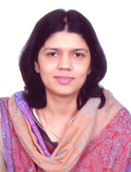
|
Prof. Meena Tushir /media/uploads/2025/04/30/meena-tushir_resume.pdfDr Meena Tushir is a Professor of Electrical Engineering and has more than 25 years of teaching experience at various institutes in Delhi. She is a life member of ISTE (Indian Society for Technical Education) and IAENG (International Association of Engineers). She has published more than 50 papers in various areas of artificial intelligence. Her current research interests include neural networks, fuzzy logic, and hybrid methods in modeling, identification and control of nonlinear systems. Vidwan Id- 241374 |
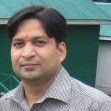
|
Dr. Sunil Gupta /media/uploads/2025/04/30/sunil-gupta_resume.pdfDr. Sunil Gupta has a keen interest in teaching as well as research with a total experience of more than 19 years. He has been associated with the Department of Electrical & Electronics Engineering, (2006-till data), MSIT, Guru Gobind Singh Indraprastha University, Delhi, India. He has published several research papers in SCI/ESCI/Scopus indexed Journals & Conferences. He has investigated the impact of IEC 61850 communication protocol on substation automation systems during his Ph.D. His current research interests are Renewable Energy/Microgrid technologies. Vidwan Id- 242608 |
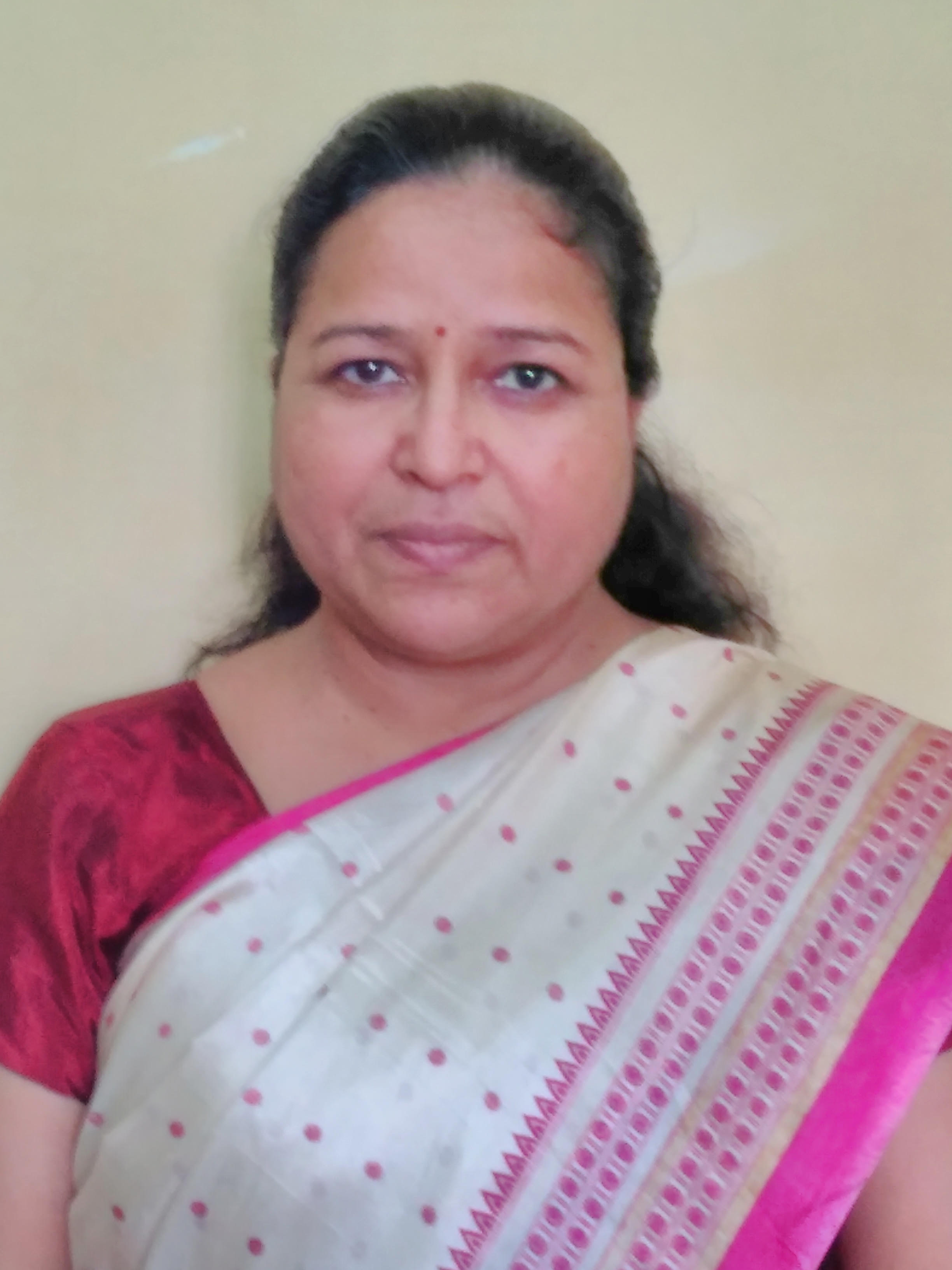
|
Dr. Jyoti Jain /media/uploads/2025/04/30/jyoti-jain_resume.pdfDr. Jyoi Jain works in the field of solution of Multiobjective and Single objective optimization problems using Intelligent Techniques. She has published several research papers in Scopus indexed Journals & International Conferences.She has a keen interest in teaching as well as research with a total experience of more than 27 years. She has been associated with the Department of Electrical & Electronics Engineering, (2002-till data), MSIT, Guru Gobind Singh Indraprastha University, Delhi, India.She is a Senior Member of IEEE (Institute of Electrical and Electronics Engineers) and Life Member of ISTE (Indian Society for Technical Education). At present working as a Treasure of IEEE PES-IAS Delhi Chapter and Chapter Advisor of IEEE PES Student branch chapter MSIT. Vidwan Id- 241923 |
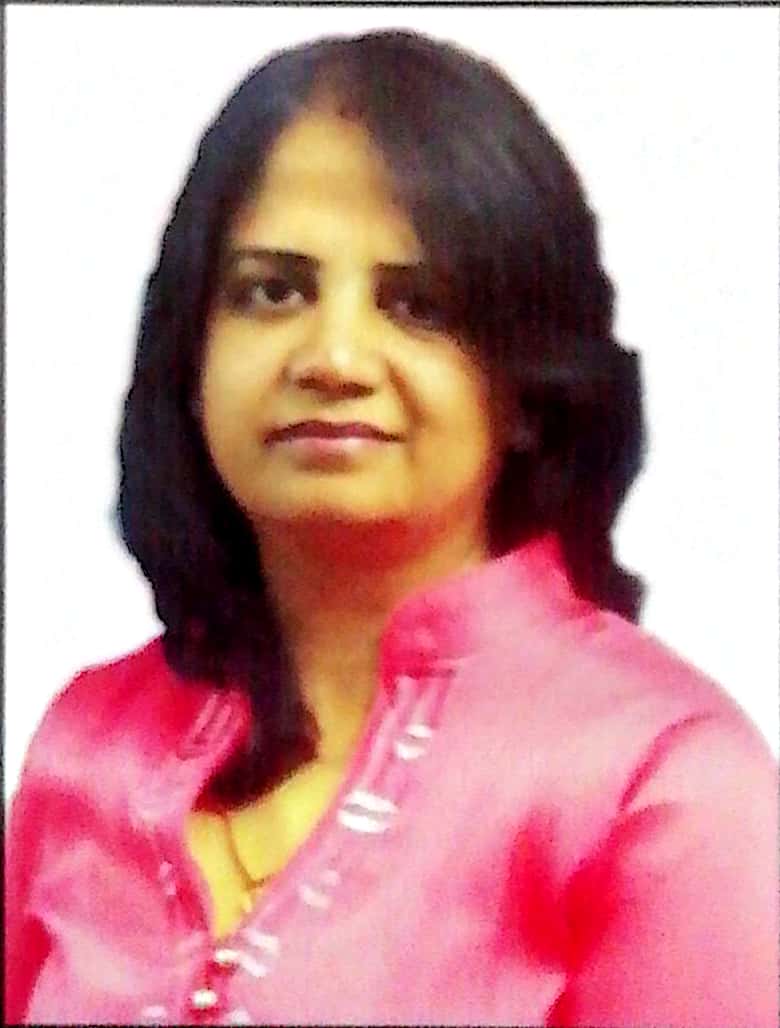
|
Dr. Sonia Goel /media/uploads/2025/04/30/soniagoel_resume.pdfMs. Sonia Goel has been associated with the Department of Electrical Engineering, MSIT, New Delhi, India since January, 2008. She is a life member of IAENG (International Association of Engineers). She has published research papers in ESCI/SCI journals and conferences. Her current research interests include fuzzy logic, modeling, identification, and control of nonlinear systems. Vidwan Id- 241429 |
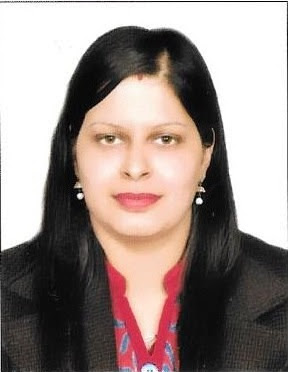
|
Ms. Annu Dagar Annu Dagar has a keen interest in teaching as well as research with a total experience of more than 11 years. She joined Department of Electrical & Electronics Engineering, MSIT, Guru Gobind Singh Indraprastha University, Delhi, India in 2009 and has been associated with the department till date. Her broad area of interest includes Renewable Energy Resources, Microgrid Technologies, Control and Protection techniques. Her current research interests lie in the area of islanding detection and hybrid microgrid. |
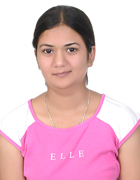
|
Dr. Shilpam Malik /media/uploads/2025/04/30/shilpam-malik_resume.pdfShilpam Malik has a keen interest in teaching as well as research with a total experience of more than 15 years. She has been associated with the Department of Electrical Engineering, MSIT (2010- till date), Guru Gobind Singh Indraprastha University, Delhi, India. She has published several research papers in SCI/ESCI/Scopus indexed Journals. She is a reviewer in various journals. She has worked on load frequency control in microgrids and hybrid power systems. Her broad area of interest includes Power systems, Renewable energy sources, Intelligent control systems, and Optimization techniques. Vidwan Id- 241403 |
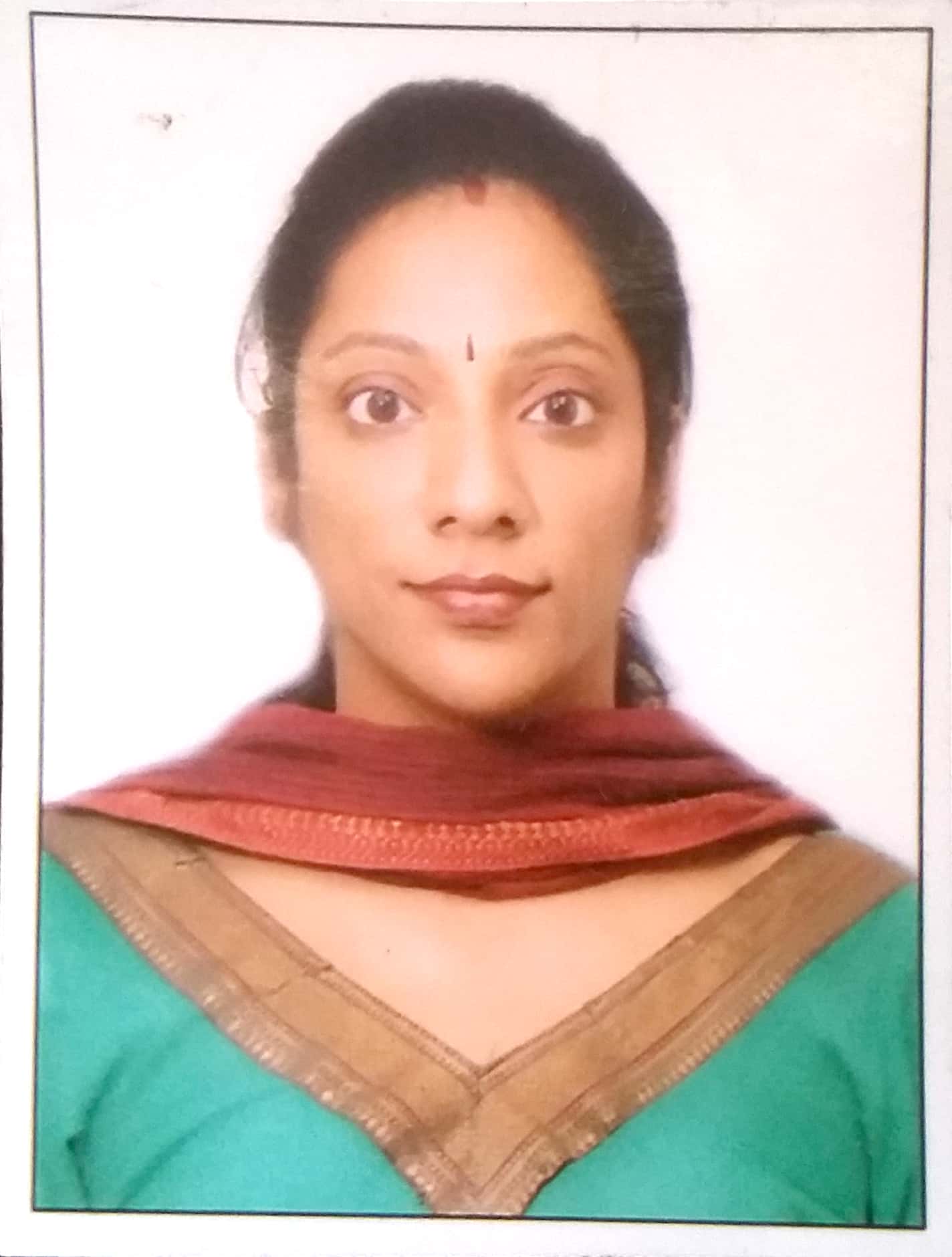
|
Dr. Nidhi Gupta /media/uploads/2025/04/30/nidhi-gupta_resume.pdfDr. Nidhi Gupta has done her Ph.D from Delhi Technological University, Delhi. She worked as Lecturer (2002-2007), as Senior Lecturer (2007-2011) in G.P.M.C.E., GGSIPU, Delhi and as an Asst. Prof. in MSIT (2011- till date). Her broad area of interest includes power system operation and control, FACTS, Renewable Energy and Battery Energy Sources. She uses various artificial techniques to design controllers for frequency control of interconnected power systems with different sources like thermal, hydro, wind, gas etc. She build various projects with Internet of things. She is particularly interested in problems that can only be tackled by a combination of renewable power system simulations and energy sources with soft computing approaches. |
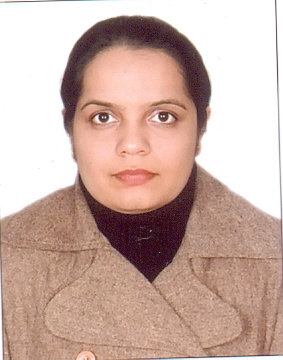
|
Dr. Rakhi Kamra /media/uploads/2025/04/30/rakhi-kamra_resume.pdfRakhi Kamra has a keen interest in teaching as well as research with a total experience of more than 17 years. She has been associated with the Department of Electrical & Electronics Engineering since (2011-till date), MSIT, Guru Gobind Singh Indraprastha University, Delhi, India. She has published several research papers in Scopus indexed Journals & Conferences. She has worked in the area of reliability optimization of complex networks. Her broad area of interest includes Power systems, Energy Conservation and Management and Reliability of systems. Vidwan Id- 242609 |
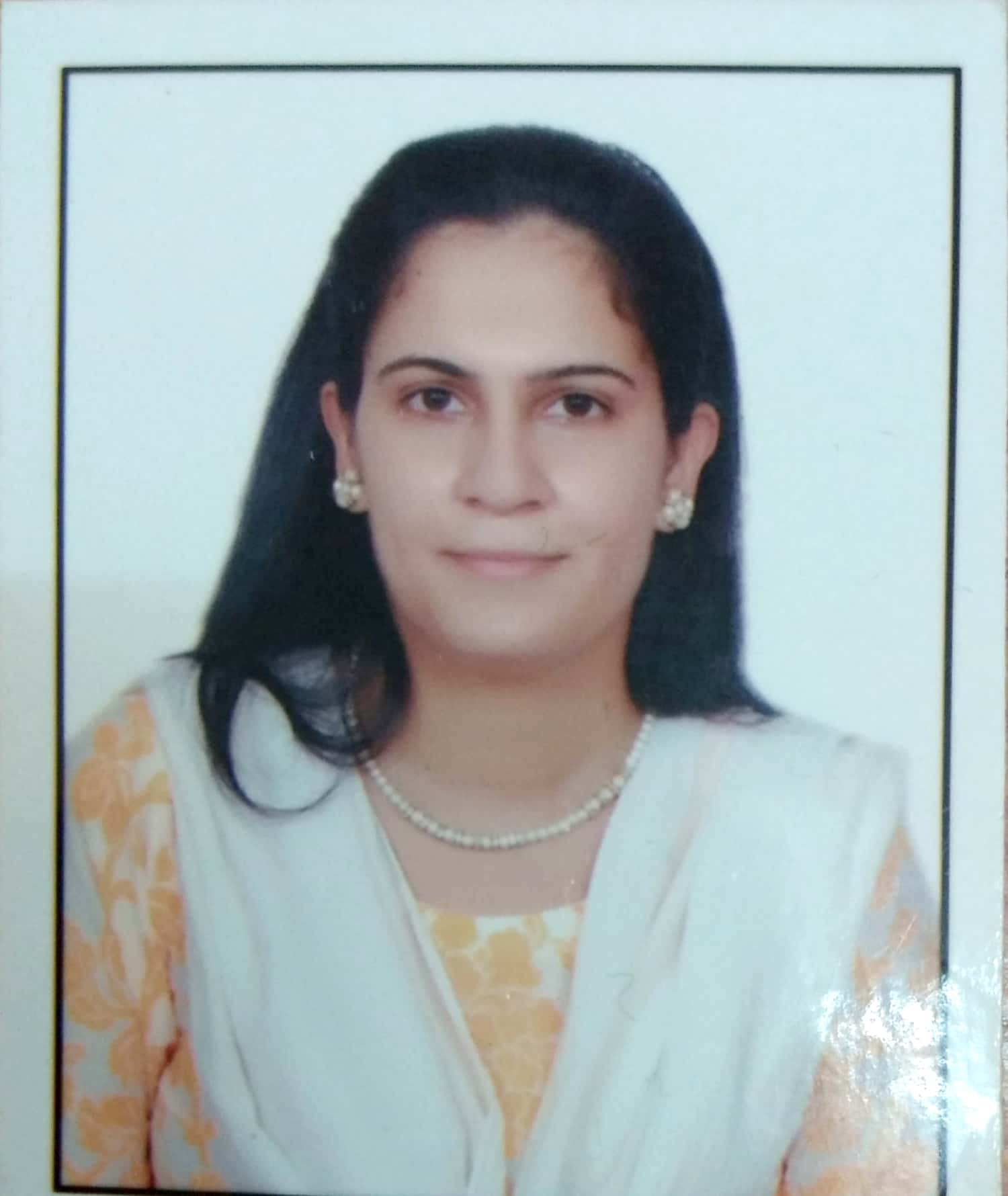
|
Dr. Monu Malik /media/uploads/2025/04/30/monu-malik-_resume.pdfDr. Monu Malik has a keen interest in teaching as well as research with a total experience of more than 10 years. She has published several research papers in Scopus indexed Journals & Conferences. She has explored the dynamic use of Solar energy in Indian Railways for running its auxiliary load during her Ph.D. Her current research interests are Renewable Energy,Power system and optimization of complex networks. Vidwan Id- 242611 |
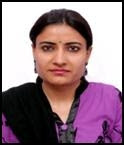
|
Ms. Mamta Rani /media/uploads/2025/04/30/mamta-rani_resume.pdfMamta Rani is currently working in the area of computer vision (biomedical imaging) using deep convolutional neural networks (CNN) and GANs. She has a keen interest in teaching as well as research and has more than 10 years of teaching experience. She has been associated with MSIT since 2015 till date. She's also interested in IOT based projects that includes both software and hardware. Her particular interest is in artificial intelligence, Machine Learning and deep learning. Vidwan Id- 241206 |
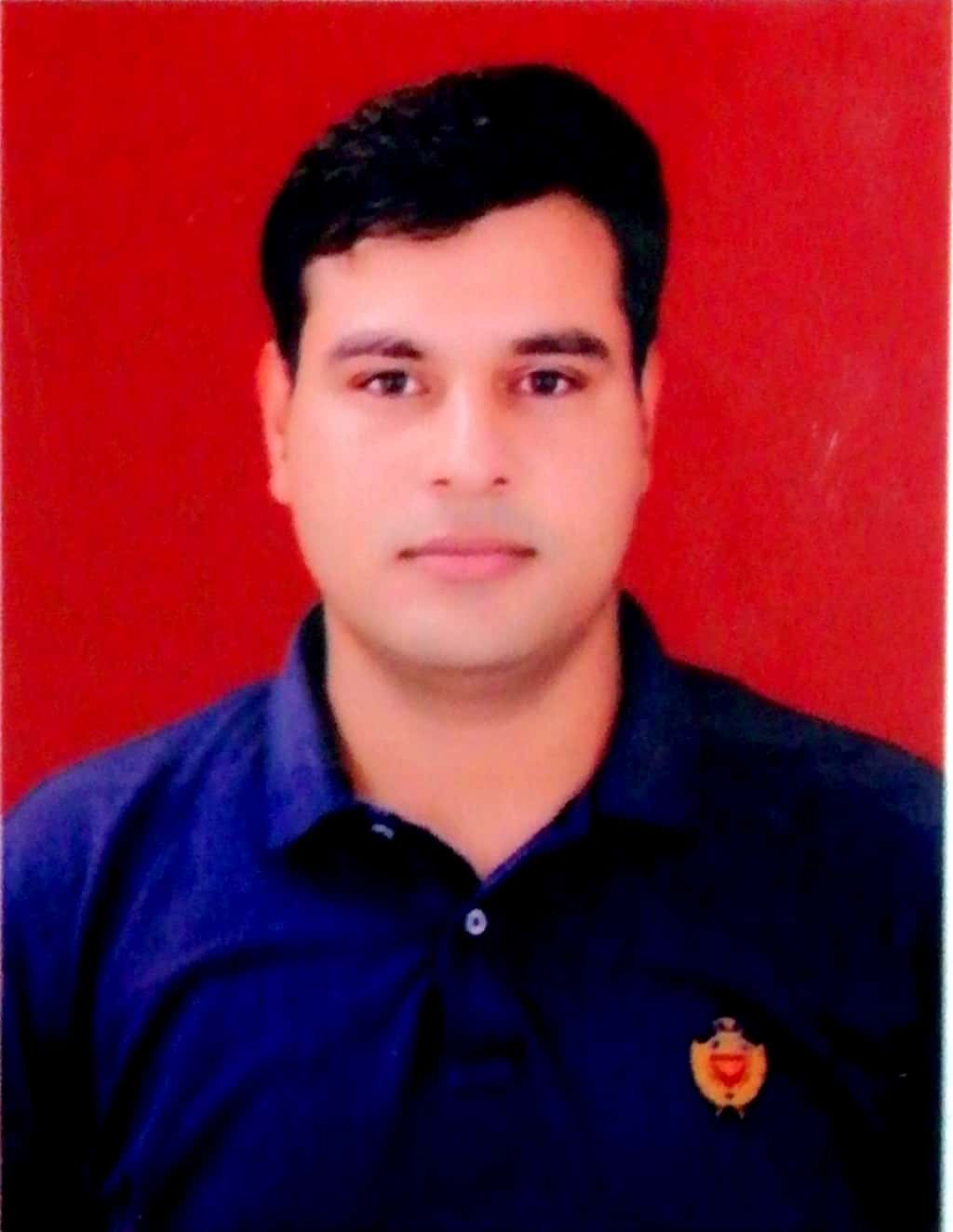
|
Mr. Sachit Rathee /media/uploads/2025/04/30/sachit-rathee_resume.pdfMr. Rathee is currently working on the Reliable dynamic wireless charging technologies of electrical vehicles. He has also supervised a M. Tech in the field of wireless charging of biomedical equipment. During his Masters he had worked on fuzzy systems for enhancement of image qualities. He is also interested in problems related to Renewable energy sources, optimization and Reliability. Vidwan Id- 241584 |
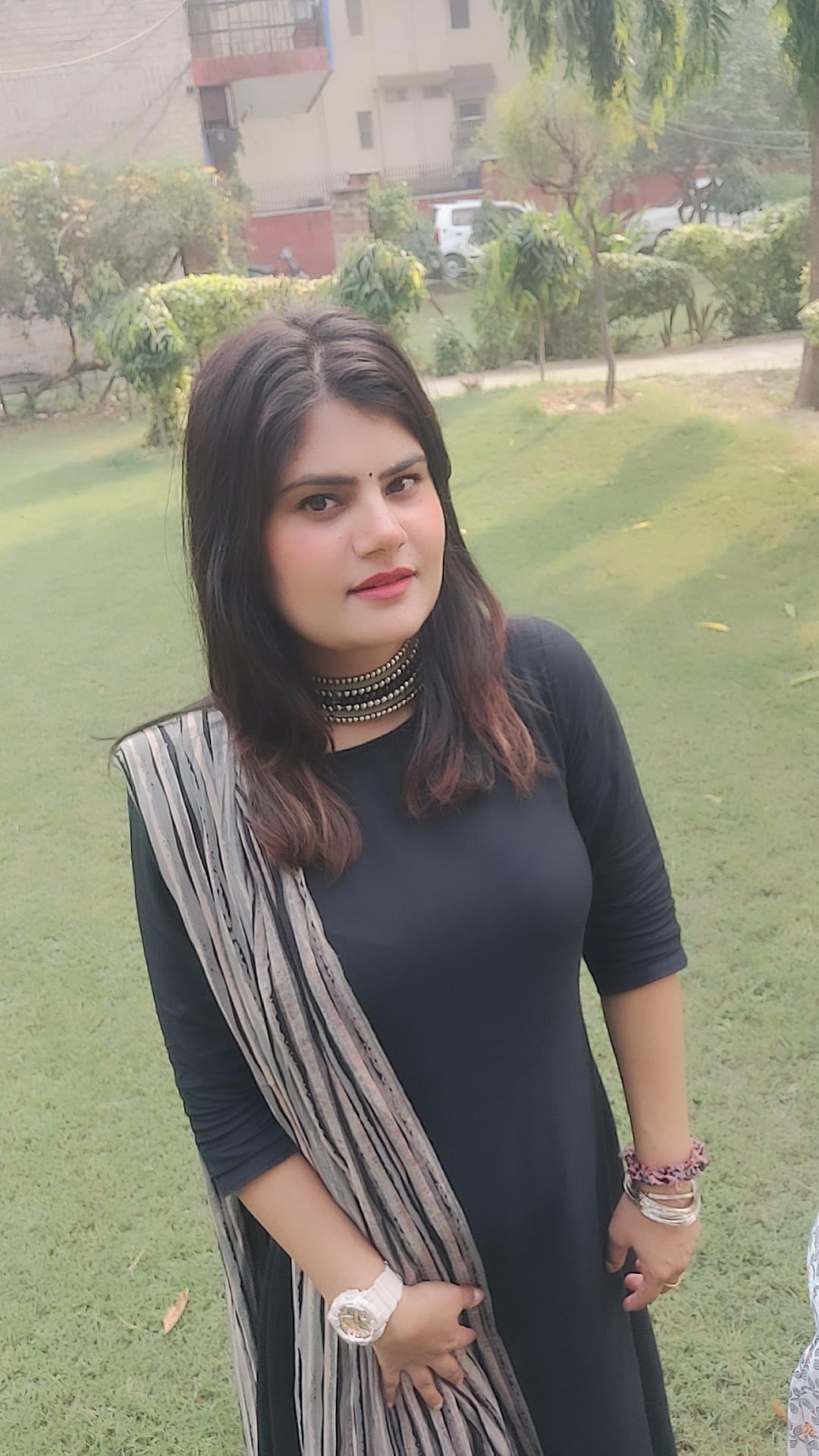
|
Ms. Nisha Singh None /media/uploads/2025/04/30/nisha-singh_resume.pdfMs. Nisha Singh has a keen interest in teaching as well as research with a total experience of 4 years. She is pursuing PhD form Delhi Technological University, Delhi. Her broad area of interest includes Automatic Generation Control (AGC) in Deregulated Power System and Optimal Power Flow. She has published several research papers in quality journals and international conferences. |
| S.No. | Name of the Staff Member | Designation |
| 1 | Sh. Eesh Kumar | Tech. Assistant |
| 2 | Sh. Sunil Kumar –II | Tech. Assistant |
| 3 | Mr. Vijay Kumar | Tech. Assistant |
| 4 | Mr. Vishal Panwar | Tech. Assistant |
| 5 | Mr. Amit Kumar | Lab. Assistant |

